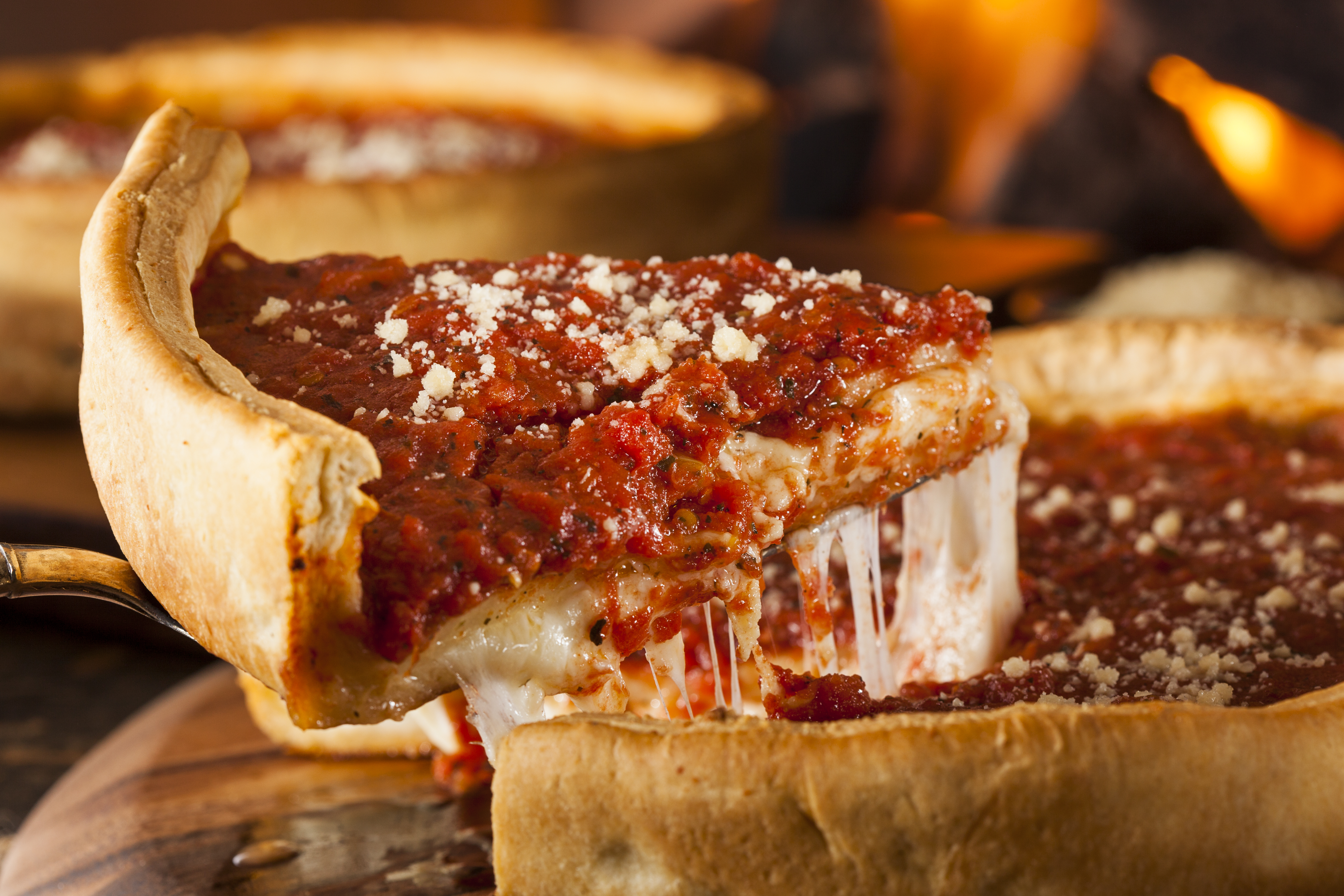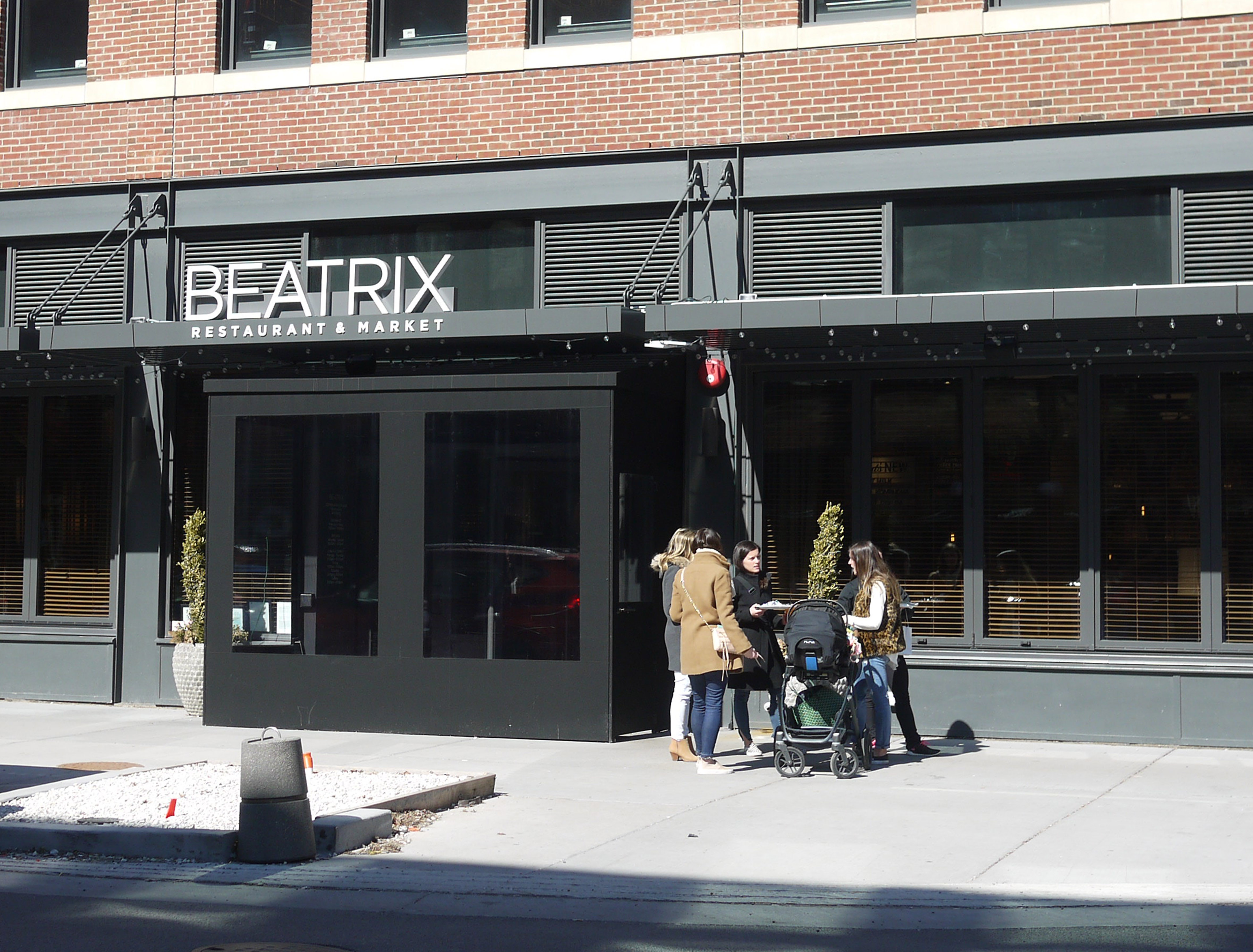
The 16th Annual Chicago Restaurant Week is underway, featuring prix fixe menus for brunch, lunch and/or dinner at some of Chicago’s most well-known restaurants.
This year, 362 restaurants that are members of Choose Chicago, the organization that organizes the event, are participating. Despite being billed as a more affordable way for many to try a variety of restaurants, some eateries are adding surcharges that put a dent in the discounts touted by event organizers.
The Chicago Sun-Times has checked out the menus of the participating restaurants and found that 39 of the 362 are charging customers a surcharge ranging from 3% to 20% (excluding tax and gratuity). Of the 39 restaurants adding a surcharge or service fee, 29 are part of restaurant groups like Lettuce Entertain You and DineAmic Hospitality, and 10 are independently owned.
Prices for the specially curated, three-course meals offered during Restaurant Week (which runs through Feb. 5) are set by organizers at $25 for brunch/lunch and $42 or $59 for dinner (prices are per person). Choose Chicago said it does not have a policy addressing the surcharges that some restaurants have instituted.
Feeling out of the loop? We'll catch you up on the Chicago news you need to know. Sign up for the weekly Chicago Catch-Up newsletter here.
In New York City, restaurant surcharges had to disappear from receipts within 90 days of capacity limits going away with the lifting of COVID-19 pandemic restrictions, but there has not been a similar disappearance in Chicago. According to the city’s Business Affairs and Consumer Protection office, restaurants can keep surcharges or service fees in place as long as two rules are followed: 1) the price increase must be disclosed prior to purchase, and 2) businesses cannot claim that the surcharge is a tax.
For a party of two who go to Split-Rail, the trendy comfort food and craft cocktail restaurant in Ukrainian Village, dinner for two during Restaurant Week will cost $141.60 (before taxes and gratuity) instead of $118 because of its 20% service fee. Owner and chef Zoe Schor said the service fee, which is in place year-round, “helps normalize costs in an industry that has been made inexpensive by essentially free labor.”
Asked if the fee negates the Restaurant Week ethos of providing affordable items to customers who normally wouldn’t be able to afford going to Split-Rail, Schor said, “I don’t think so,” adding, “Everyone who comes here is welcome to ask about it, and I always answer that we have it on [our] website.”
For Portage Park resident Mary Jo Perlongo, who said she participates in Restaurant Week every year, service fees and surcharges are a turnoff.
“Restaurant Week is a great opportunity to check out the more popular and hard-to-get-reservation places in a cost-saving way. Sometimes it’s a way to try a cuisine or genre that may otherwise be too expensive or intimidating,” Perlongo said.
She added that service charges would make her look elsewhere.
“I would absolutely reconsider a restaurant that charged a surcharge or service fee,” she said. “Don’t ruin it for the rest of us. What else is there to do in January in Chicago?”
There is no doubt that the COVID-19 pandemic and rising inflation have hurt the bottom lines of restaurants, but longtime restaurateur George Karzas, owner of the Gale Street Inn in Jefferson Park (who is not participating in Restaurant Week), said surcharges and service fees feels like piling on to customers who are facing similar hardships.
“I think you have to put it in the prices of the food; these fees just smell of a little deception,” Karzas said. “I’d raise my prices, and then you can decide if I’m a value or not. You can’t pile on. I don’t like it.”
Of the 39 Restaurant Week eateries utilizing a surcharge, 22 are Lettuce Entertain You Enterprises (LEYE) brands, including the popular Hub 51, Wildfire and Beatrix. LEYE, which has more than 120 restaurants in Chicago and beyond, is charging patrons a 3% surcharge to offset rising costs associated with its restaurants, according to LEYE spokesperson Stephanie Gutierrez, who said that guests may request to have the surcharge taken off their bill.
Piece Pizza and Brewery co-owner Billy Jacobs agreed that surcharges are tricky but acknowledged restaurants are facing unprecedented challenges because of inflation and the cost of third-party delivery apps.
“The problem I have with surcharges is that messaging gets really difficult when you do that. Our approach has always been to build it into the price of our food because it’s harder for customers to digest a surcharge,” Jacobs said.
While Piece, located in Wicker Park, does not participate in Restaurant Week, the restaurant does charge a 2.5% fee to help cover health insurance costs for its staff that is stated on its menu. Jacobs said since adding it, 95% of customers have been understanding.
Rick Bayless’ Bar Sotano and Frontera Grill, both of which are participating in Restaurant Week, are adding their usual 20% service charge to each check, which, according to the menus, “is to pay our staff an equitable and dependable livelihood. Please feel free to leave something more if you enjoyed the service.”
DineAmic Hospitality has five restaurants participating in Restaurant Week and is charging a 3% surcharge that patrons can ask to be removed. Neither Bayless nor DineAmic responded to calls and emails for comment on their surcharges.
Mount Greenwood resident Natalie Koteles said restaurants need to be considerate when it comes to imposing surcharges on checks.
“I can understand a reasonable surcharge,” Koteles said. “Inflation, COVID, rising rent is real, and I think 3% is reasonable, but 20% seems greedy.”




